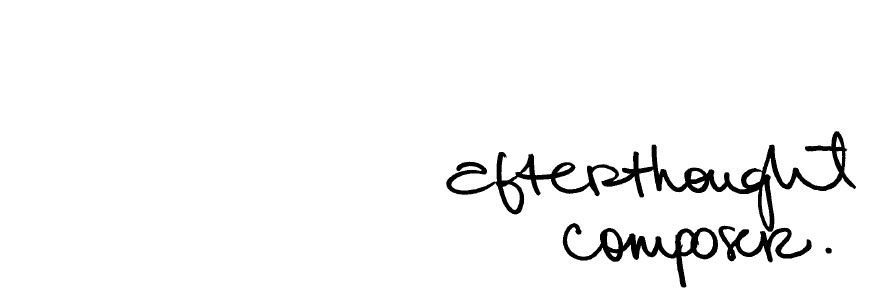 |
| PHOTOGRAPH BY: Carolyn Cole / Los Angeles Times |
After Hurricane Sandy, millions of people on the East coast are looking to rebuild and recover. For many, this storm was simply frightening; stay inside, keep your eyes on the sky, and keep warm. For others, this storm was devastating. Houses were burned or otherwise destroyed, families were stranded, or separated (in the worst cases: permanently). Future security comes into question as the long journey starts; through insurance papers, food bank lines, and broken streets. It is undeniable this storm took a heavy toll.
In flipping through countless photos of the flooded homes, upturned buildings and washed up debris, one can not help but feel sad for the people left in Sandy's wake. Or, can they? There is an article on Canada.com, posted just this morning, titled "Home Alone: Who's running to help the U.S. in Sandy's aftermath? Nobody. That's who." The author here points out (if that extra long title didn't give it away) that the aid coming to the States from around the globe is bleak, at best. She then follows that observation with a sharp reprimand, "This sound of resounding silence is disgusting."
My question here is this: is our compassion circumstantial? I'll be the first to admit that the photos of Sandy's effects on...say...Haiti, bolster a much stronger resolve in my heart to do something than the pictures coming out of New York. Why is this? The article above, if taken at its word, would suggest I'm selective in my compassion, and admittedly, I've spent quite a bit of time this morning wondering if this is true. I looked again through photos of New Jersey, Virginia and others, and then again at Sandy's effects outside the USA. The water is there, the wind is there, but there are notable differences between the two. They are, so far as I can see: infrastructure, and the hope to independently rebuild.
Why do I feel a stronger desire for action when looking at devastation on a third world country than I do looking at a first world country? The answer, of course, is need. The USA (so far as we see it in the media) often postures itself as the One with the resources; and compared to the rest of the world, in many ways they are. Consistently listed near the top of the world's richest countries, should we really expect those not on that list to lend a hand? Sure the houses have been damaged...but they're nice houses. Cars are floating...but they're expensive cars. The government has just promised unlimited funds to rebuild. One of the photos of the aftermath in the US showed New Yorkers, warmly dressed, lined up this morning, looking to purchase tickets to Broadway. Seeing this, it might be easier to dismiss the need. Are these people really suffering? Or have they simply been inconvenienced? Surely, this is no place for compassion.
Or is it? People are still people, after all. So, should the world chip in? Or do we ignore the call to action, unless those in need are poorer than we are?
In a bit of a reverse scenario, I was speaking with a dear friend of mine a few years back about suffering; I was dismissing mine. "How can I feel bad about this situation in my life, when other people are dying?" I said. "This isn't nearly as bad as that." She thought for a minute and began to tell me about an aspect of motherhood. "If one of my children gets cancer, I will be devastated, and heartbroken, and I will do everything I can to ease his suffering. If on the way to the hospital to visit him, my other child falls on the sidewalk and scrapes his knee, what do you think I will do? I won't look at him and yell, 'Oh get up! Your brother is really sick, and you're crying over a scrape? Your pain means nothing to me.' Of course I wouldn't say that. I'd bend down, scoop him up, and give him a kiss." Her point? Pain and suffering are valuable and worth compassion, no matter who it's happening to.
I do not feel a personal liberty to decide when, and when not, to give; I only know that when the nudge of compassionate action comes, I should follow through with it, if only for fear of never being nudged at all. Perhaps next time I am in need, in some great twist of fate, the hands that come ready to lift me out of the water would be the same hands that mine met when I gave.
Update: give to the Canadian Red Cross' relief efforts both in the US and globally:
http://www.redcross.ca/donate.asp





